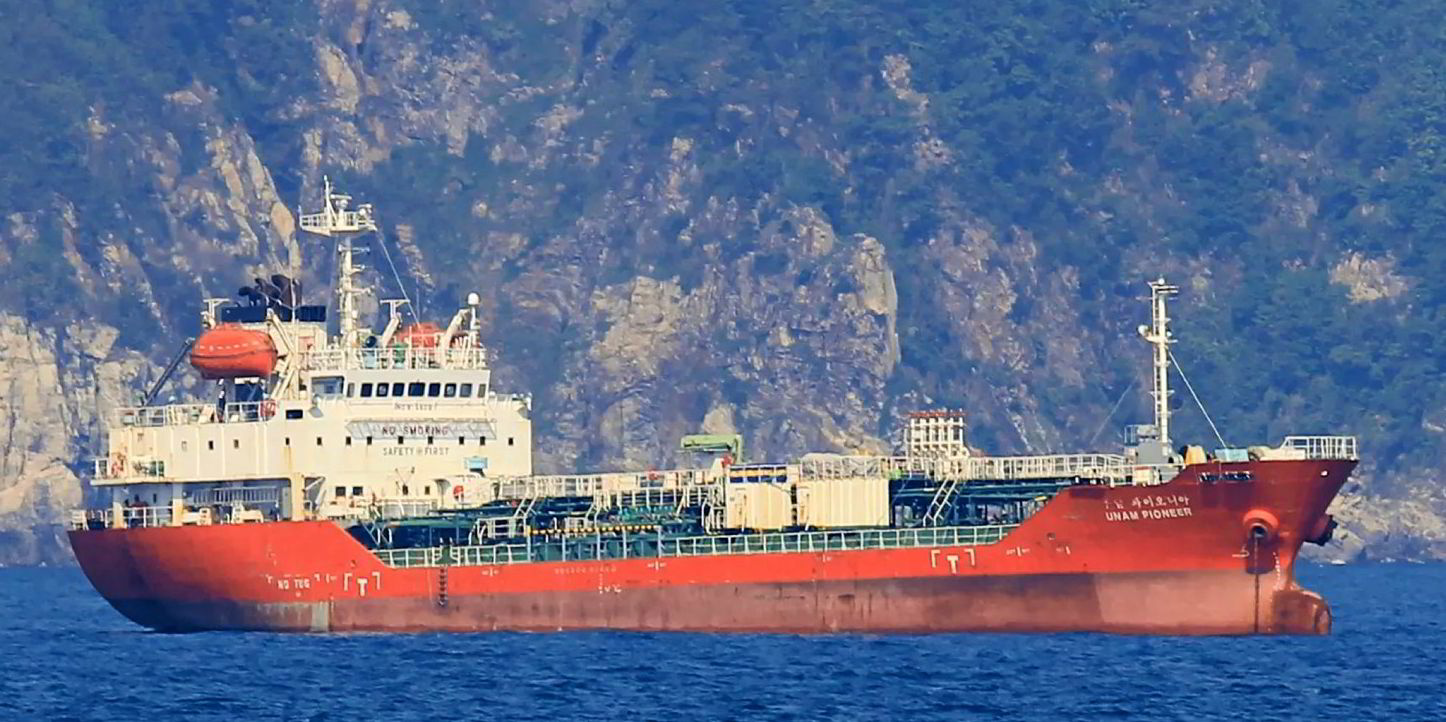Singapore’s First Ship Lease Trust (FSL Trust) is not ruling out tanker sales as charters come to an end.
The company was questioned at its annual general meeting over whether locking in new period deals at market rates or offloading vessels would provide better value for unitholders.
This was in reference to the 12,900-dwt Cumbrian Fisher (built 2004) and 13,000-dwt Clyde Fisher (built 2005), whose term deals FSL Trust said expire this year.
It will “assess these options closer to the time, which will depend on the market conditions. We would also consider to factor in the need for the vessels to pass their special surveys.”
All eight ships in its fleet are chartered to James Fisher in the UK.
VesselsValue lists the Cumbrian Fisher as signing a seven-year extension in 2017, and the Clyde Fisher stretched its deal by two years in January this year.
The shipowner was also asked if it planned to renegotiate the rates for the 5,400-dwt Shannon Fisher and Solway Fisher (both built 2006).
FSL Trust said it had agreed future charter rates with James Fisher as options.
“Should the extensions not be granted, the charterers will be required to pay a termination fee,” it added.
The company has been diverting most of its cash towards shareholders as dividends, as well as paying off debt, due to the high cost of buying secondhand tankers.
Change of strategy?
FSL Trust was asked if it would revisit this plan and look at new investment opportunities in 2025 or 2026, when more tankers could be sold as they come off charters.
“The trust is actively assessing investment opportunities and keeping realistic views on the future markets. Currently, vessel prices are at very elevated levels and we remain conscious that new projects need to be sustainable and provide long-term value creation,” the owner said.
In February, chairman Stathis Topouzoglou said investments in shipping are “not favourable at all” in the current environment.
He described the situation as “highly challenging and increasingly risky.”
Topouzoglou, who is also the boss of Greek shipowner Prime Marine Management, blamed “historically high” prices for secondhand vessels and newbuildings, combined with uncertainty around emissions targets and future fuels.





